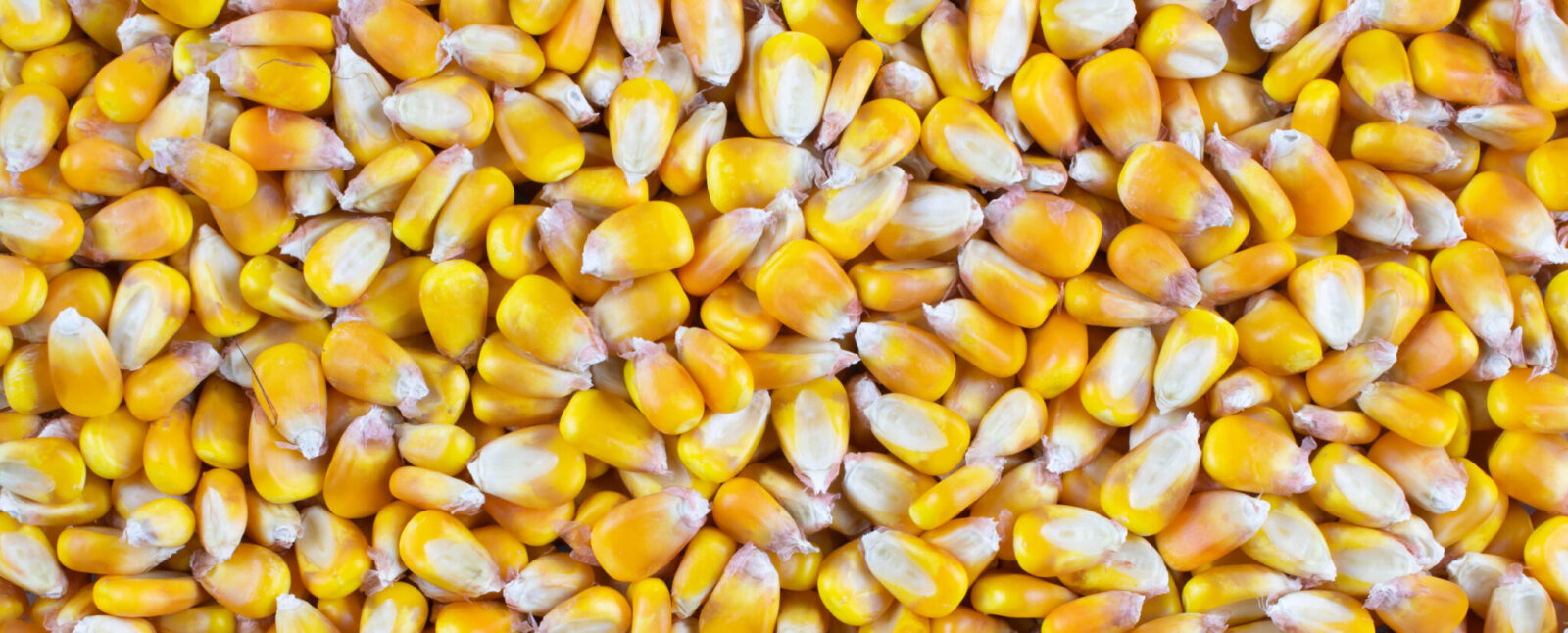Counterfeit Seed

Photo Credit: Adobe Stock
Improved agricultural technologies can boost yields and profits for poor households in sub-Saharan Africa. Development organizations, researchers and governments are increasingly recognizing counterfeit and poor-quality agro-inputs as a key constraint to greater adoption of these technologies. Despite the importance of farmer access to quality inputs, there is a dearth of evidence on the extent of input counterfeiting in Kenya. This project is conducting genetic testing of maize seed samples in western Kenya, allowing researchers to provide the first quantitative assessment of the extent of counterfeiting in Kenya. Clear estimates of this problem are key to identifying appropriate monitoring, testing, and regulatory schemes.
The project is assessing the extent and spatial distribution of counterfeit maize hybrid seed in Western Kenya by analyzing genetic markers of maize seed samples collected from sources along the seed supply chain in western Kenya. Both the identity and germination rates of the seeds are tested. The study will help fill a critical gap in our understanding of the extent and impact of counterfeit seeds in the region. Providing a quantitative assessment of counterfeit seed sold in local markets will better inform government and other organizations developing solutions to the counterfeit seed problem. Results from the study were highlighted in a Feed the Future policy brief.

